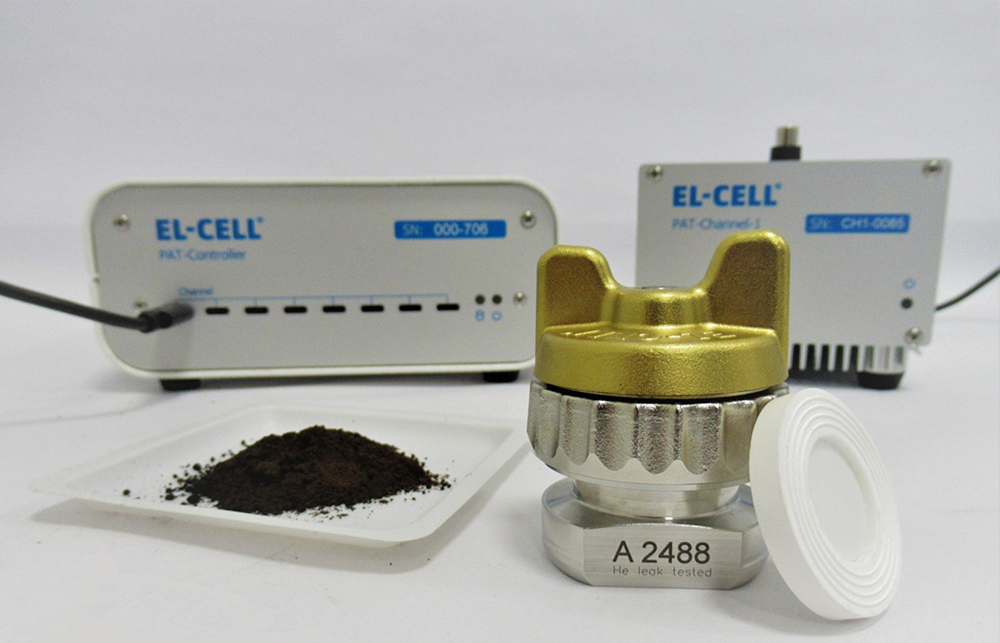Safe energy storage for renewable energy
Development of a new generation of sodium batteries in the KeNaB-ART project
Germany must become climate-neutral by 2045 – that is the target set by the German government's Climate Protection Act. This ambitious goal requires the transformation of energy generation to 100% renewable energy from wind, solar, hydropower and biomass. This energy generation, which will be more and more volatile in the future, requires stabilizing measures to ensure a secure energy supply. Electricity storage in batteries can enable this transformation and will become increasingly important. In the project “KeNaB-ART” (ceramic-based sodium battery with beta-aluminate for applications above room temperature), the German Federal Ministry of Education and Research is supporting the development of new ceramic sodium batteries for the storage of renewable energy in the funding initiative “Battery 2020 Transfer”.


The sodium battery is considered to be one of the most promising approaches in the search for alternatives to lithium-ion technology that are both ecologically and economically attractive. Four project partners are now working on an innovative concept for sodium solid electrolyte batteries: battery powder manufacturer IBU-tec, technical ceramics and industrial technology specialist Rauschert Heinersdorf-Pressig GmbH, measuring cell manufacturer EL-Cell GmbH and the Fraunhofer Institute for Ceramic Technologies and Systems IKTS. Unlike conventional lithium and also sodium-ion batteries, this type of battery is based on a solid electrolyte made of a special sodium-ion conductive ceramic as the heart of the battery cell. It is combined with a metallic sodium anode and a high-performance cathode powder based on transition metal oxides to form a so-called "all solid state" battery cell. In contrast to the usual liquid electrolyte, this battery cell does not have a high fire load, and the hazard potential is greatly reduced. The metallic sodium anode also has the advantage of a very high achievable energy density, since additional carbon, as in commercially available battery cells, is not required.
KeNaB-ART meets the technical challenge of developing a marketable solid-state battery cell: from raw materials to ready-to-install product. The battery concept can contribute to the "post-lithium-ion era" and enable the scalability of necessary cell compartments. The expertise gained in the project will help to manufacture more sustainable, stable and safer cells with high energy density in Germany and thus make an important contribution to the energy transformation.